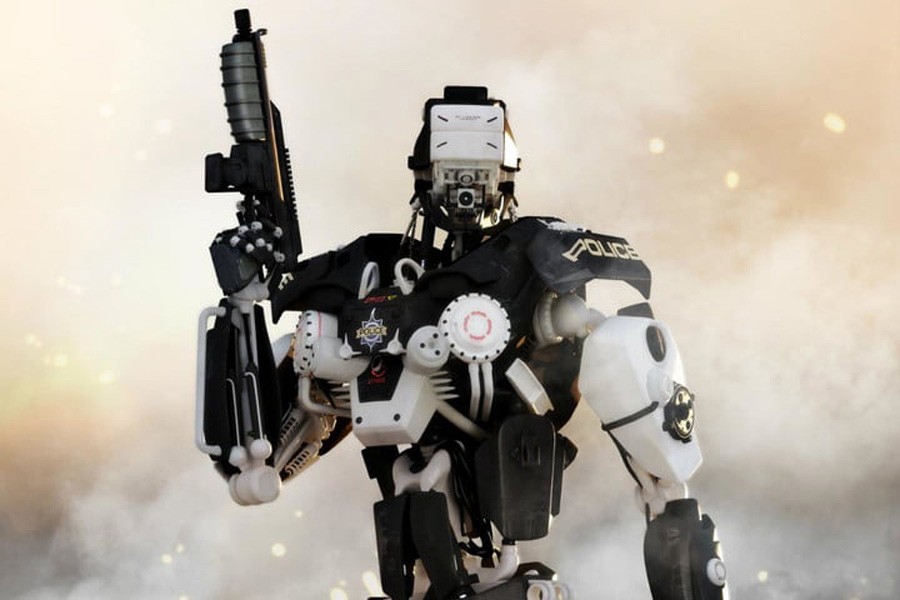The sensational title The Truth About Killer Robots should lure a curious segment of the public to check out Maxim Pozdorovkin’s scary reflections on how far humanity has come in handing over the keys to its automated servants. As the film points out, robot killings don’t just refer to freak industrial accidents and malfunctioning driverless cars; they grimly extend to the endless loss of people-jobs to automation, which is sending many members of human society into economic hell. After its Toronto bow, this intriguing, carefully reasoned film should catch a wide audience on HBO’s Documentary Film series in November.
Social and political topics have shone through most of the work of Russian-born, New York-based documentarian Pozdorovkin. Our New President, which hilariously recounted the rise of Donald Trump as told by the Russian propaganda machine, won a special jury award at Sundance this year, and his 2013 Pussy Riot: A Punk Prayer was widely appreciated. Killer Robots doesn’t have a specifically Russian theme, or the humour inherent in his films about Trump and Pussy Riot, but it addresses a topic of worldwide concern with the same lively curiosity.
The first venerated thinker on robots was sci-fi writer Isaac Asimov, who back in 1942 posited four basic "laws" to govern robot behaviour. The first is that robots may not injure human beings. The second is that they must follow any order a human gives them, except when this order conflicts with the first law. How, then, did the 2015 accident in a German Volkswagen factory happen, in which a robot on the assembly line grabbed and crushed a contractor setting him up? The film suggests there is still a mystery around this death.
Then there is the famous case of a driverless Tesla car on autopilot hitting a white (and therefore "unseen") truck without slowing down, and another in which the car slammed into the highway median. In both cases the drivers were killed by machines they trusted.
Another dramatic example of a robot causing human death is the use of a drone by the Dallas police to drop a bomb on a sniper and kill him. At this point, one wonders why Pozdorovkin doesn't mention the extensive use of drones for targeted killings in warfare, the "intelligent" missiles and all the rest of our arsenals of technological weaponry. Automated warfare, more than any other area, raises the larger moral questions behind robots that the film is driving at, and it's a pity it isn't addressed.
The crux of the film, instead, concerns the rising use of automation to perform repetitive, routine tasks in factories and just about everywhere else, including fast food joints and trucking, and even in legal work. While industrialists chortle and make glowing comparisons between the world pre- and post-automation and the progressive shift from farming to manufacturing, the price that is paid is a commensurate loss of human jobs. This is brought home in a few pungent interviews with workers on the losing end, said Hollywood Reporter.


